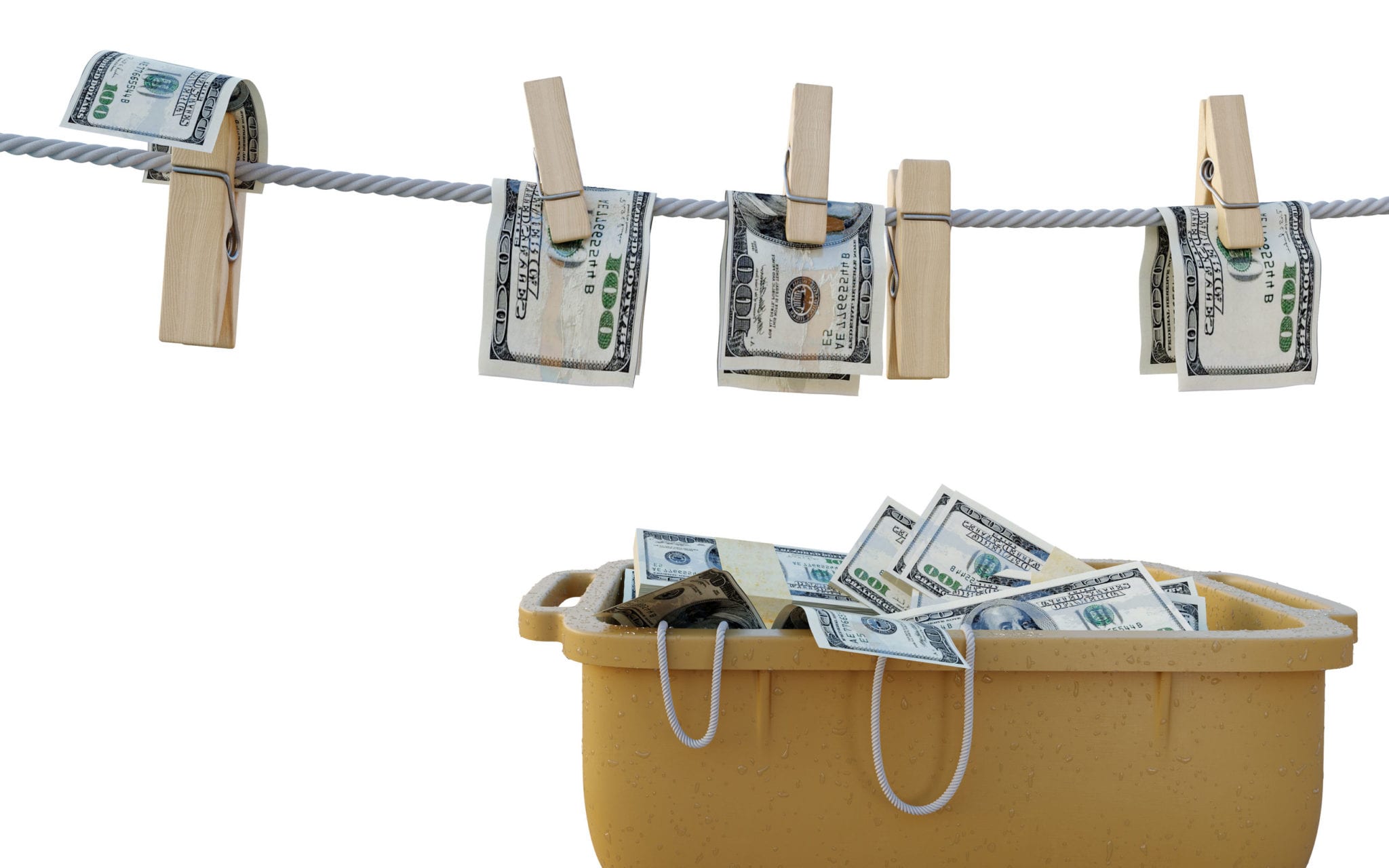The American Bar Association (ABA) has been accused of trying to block Congressional efforts to close loopholes that enable money laundering, terrorism, human trafficking and a host of other crimes.
What the ABA opposes was spelled out quite succinctly by the Competitive Enterprise Institute:
“Money laundering is a terrible crime—right? Government officials and their allies in the press seem on almost a monthly basis to demand new powers to deal the terrible menace of money laundering. Exactly what is this crime?
“If you hesitate while trying to come up with a definition, you have begun to understand part of the problem. Money laundering is hard to define because it is not a crime like murder, robbery, or rape, where the evil act is clear. It is a crime of motive rather than activity. In fact, two different people can engage in the exact same set of activities, and one can be guilty of money laundering while the other is not. In fact, money laundering has only been illegal in the US since 1986, and it is not illegal in all countries.”
“If you hesitate while trying to come up with a definition, you have begun to understand part of the problem. Money laundering is hard to define because it is not a crime like murder, robbery, or rape, where the evil act is clear. It is a crime of motive rather than activity. In fact, two different people can engage in the exact same set of activities, and one can be guilty of money laundering while the other is not. In fact, money laundering has only been illegal in the US since 1986, and it is not illegal in all countries.”
Congress’s latest foray into the legal thicket of money laundering is a bill to crack down on obscure shell businesses used to evade taxes and for funneling (or “cleaning”) money.
Bill HR 2513, already approved by the House Financial Services Committee, was introduced by Democratic congresswoman Carolyn Maloney and is code-named the Corporate Transparency Act (Maloney D-NY).
A number of sister bills have also been introduced in the Senate mandating that shell companies disclose the identities of people who own and/or control them. They contain requirements for LLCs to update the Treasury with the names, dates of birth, addresses, and ID numbers of their real owners.
So far, this is widely and strongly supported by many diverse groups — banks, multinational corporations, the national security community, law enforcement, human rights advocacy groups, unions, environmentalists…even the Trump administration.
But not everyone supports these sweeping pieces of legislation, including the ABA.
“We Object to This Bill,” the lawyers’ group says.
The American Bar Association has been a constant and adamant opponent to the bill.
Why?
Supporters of the bill argue that the ABA is simply protecting the interests of many of their members. After all, protecting client assets is big business for quite a few attorneys and firms. The legality of how this is done could be called into question.
Those charges are ridiculous. The ABA’s position is that the proposed legislation poses various privacy concerns for entrepreneurs and burden small businesses.
The ABA does not stand alone in this fight.
The American Civil Liberties Union (ACLU) has joined the ABA in opposing the legislation, arguing that it is vague. This vagueness, they say, could mean jail-time even for a small business owner who makes a simple disclosure mistake.
Money Laundering Laws As They Stand Right Now in the U.S.
Currently, the U.S. government criminalizes money laundering under 18 U.S.C. § 1956.
Essentially, when a criminal makes large amounts of money from illicit activities that exceed the ability to spend it normally, the individual is forced to develop a plan to give those funds an appearance of having originated from legal sources. This is money laundering at its core.
Here is the process:
The dirty money is placed into a financial system
It’s then layered (i.e., the dirty money is separated from its illegal origin)
Finally, it’s integrated into the financial system by disguising it as legal transactions.
The precise origin of successfully laundered money is incredibly difficult to trace. The laundered cash can then be used to finance dangerous activities – both in the U.S. and abroad.
The Consequences of Money Laundering Are Grim, But Should We Violate Rights to Stop It?
Money laundering is involved in all kinds of serious, dangerous criminal enterprises. Take human trafficking, for instance.
Traffickers use money services businesses to launder money, which is then used to pay off transporters. Then proceeds are moved across borders using prepaid cards, and gang leaders later funnel money earned from trafficking other humans back into their individual bank accounts after it’s been cleaned.
That’s just one type of crime. In the US, the drug trade and smuggling are principally fueled by laundered money. Let’s not also forget that laundered funds can easily be used to finance terror organizations.
The question needs to be asked, though: are the consequences of money laundering worth the possibility of trampling people’s rights?
Is it worth putting potentially innocent people behind bars to make it easier to track down actual launderers involved in criminal enterprises?
These are the big questions at play right now surrounding this bill.
Fortunately, the ABA and ACLU are trying to protect the rights of the individual against sweeping governmental interference.





